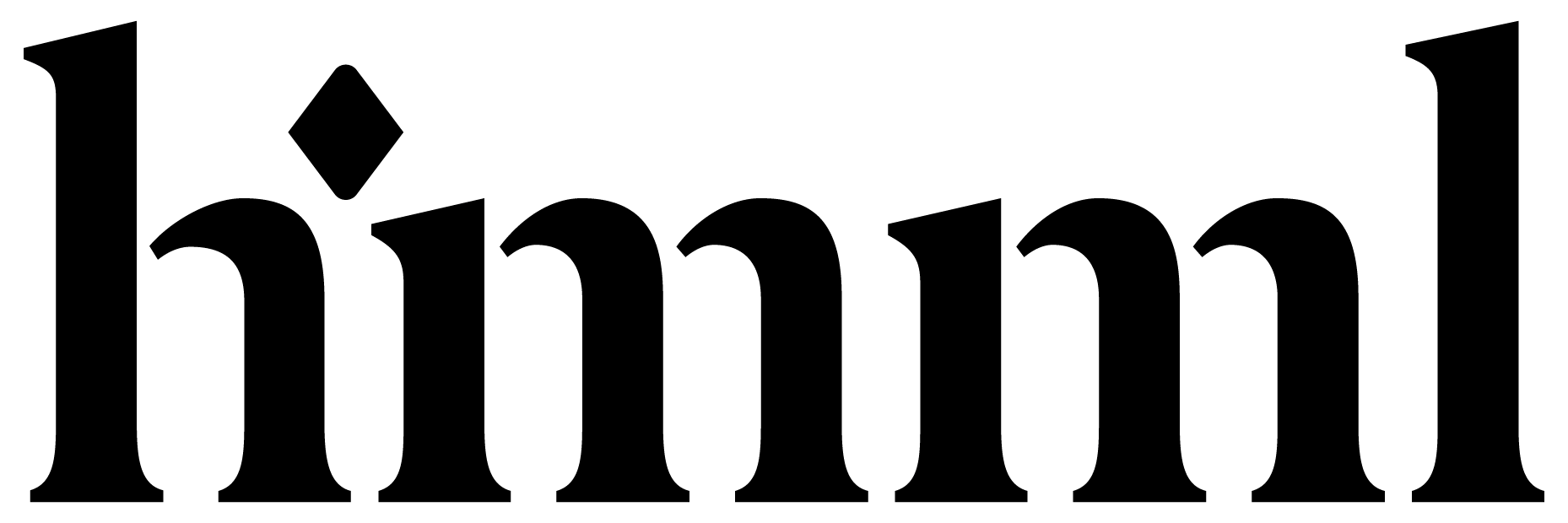Anjuman I Taraqqī Yi Urdū Pākistān: HMML Repository
Anjuman-i Taraqqī-yi Urdū Pākistān
This is the Pakistani branch of the Organization for the Progress of Urdu, originally founded in British India to promote Urdu language and literature. The collection includes valuable early Urdu manuscripts along with Persian and other languages of Islamic South Asia.
- Collection
- Islamic
- Country
- Pakistan
- City
- Karachi
- Repository
- Anjuman-i Taraqqī-yi Urdū Pākistān
- Project Codes
- ATUP
- Project Numbers
- ATUP 00001-01865
- Type
- Digital
- Active Catalog Records
- 807
- Digital Surrogates
- 807
- Date Preserved
- 2020-
- HMML Authority File
- https://w3id.org/haf/organization/721862652339
- Languages
- Urdu, Persian
- Preservation Status
- In progress
- Cataloging Status
- In progress
This is the Pakistani branch of the Organization for the Progress of Urdu, originally founded in British India to promote Urdu language and literature. The collection includes valuable early Urdu manuscripts along with Persian and other languages of Islamic South Asia.
The collection of Anjuman-e-Taraqqi-e Urdu was divided at the time of India’s partition, with half the manuscripts remaining in Delhi and the other half relocated to Pakistan. The Pakistan collection contains approximately 2,000 manuscripts in Urdu, Persian, and Arabic (1,160 Urdu, 763 Persian, 82 Arabic). These rare works, some dating back to the 15th century, are a part of the eminent Urdu scholar and linguist Maulvi Abdul Haq's (1870–1961) larger personal collection. Following the partition of India, Maulvi Abdul Haq migrated to Karachi, Pakistan, in 1948 and brought a significant portion of his valuable manuscript collection with him. The collection represents a wide variety of genres and includes copies of the Qur’an, epic poetry, Sufi treatises, works of historiography, autobiographies, and dictionaries. With the digitization of the Anjuman-e-Taraqqi-e in Pakistan, partners may reach the ultimate goal of someday bringing these manuscripts together with their counterparts in Delhi and digitally uniting the original collection.
